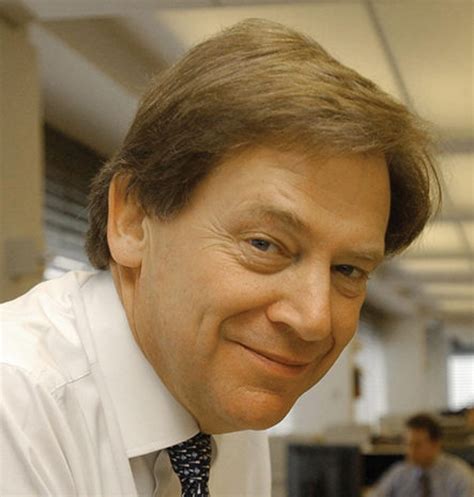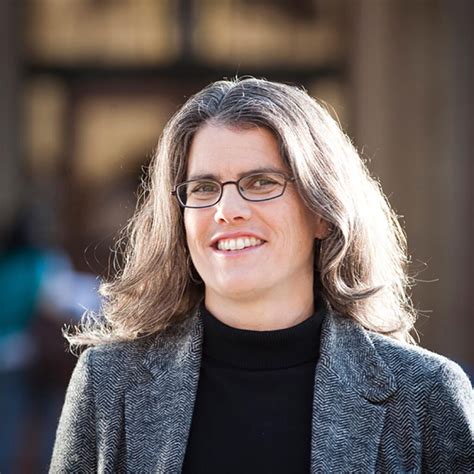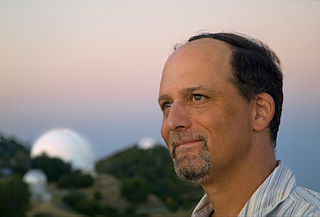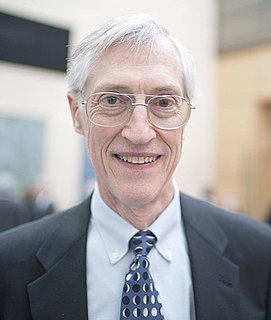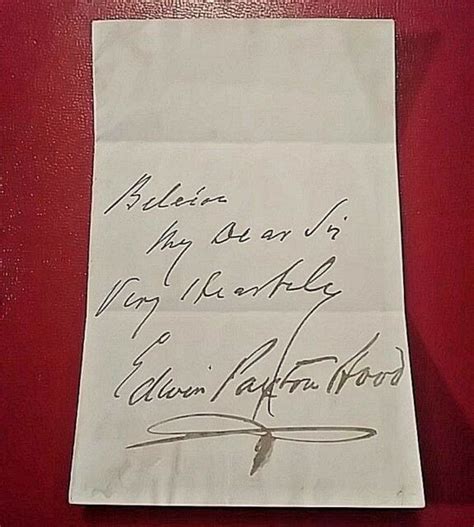A Quote by Andrew Gould
For a long time, weve worked on detecting planets with whatever was at hand, making use of existing small telescopes or even amateur telescopes. Its time to move on to the next stage.
Related Quotes
In the next century or two, we humans will have planet-finder telescopes that span our solar system with mirrors strewn from here to Jupiter, giving us enormous angular resolution so we can do the kind of science that a self-respecting advanced civilization ought to be doing. We should someday be imaging the continents on other planets. We can't do that yet, but aliens can do that already, so they know we are here.
It used to be that, in astronomy, a small team of people could look at photos of a few thousand galaxies and classify and catalog them relatively easily. But now, with a new generation of robotic telescopes scanning the skies constantly and producing millions of images, that's become next to impossible.
'As a fraction of your tax dollar today, what is the total cost of all spaceborne telescopes, planetary probes, the rovers on Mars, the International Space Station, the space shuttle, telescopes yet to orbit, and missions yet to fly?' Answer: one-half of one percent of each tax dollar. Half a penny. I'd prefer it were more: perhaps two cents on the dollar. Even during the storied Apollo era, peak NASA spending amounted to little more than four cents on the tax dollar.
This Excellent Mathematician having given us, in the Transactions of February last, an account of the cause, which induced him to think upon Reflecting Telescopes, instead of Refracting ones, hath thereupon presented the curious world with an Essay of what may be performed by such Telescopes; by which it is found, that Telescopical Tubes may be considerably shortened without prejudice to their magnifiying effect. On his invention of the catadioptrical telescope, as he communicated to the Royal Society.
Those who pretend to investigate the transcendental truths of the Being based on pure reasoning fall in the same mistake as someone who, ignoring how to use the science's modern instruments, tries to study the life of what is infinitely small with telescopes and the life of what is infinitely large with microscopes.
